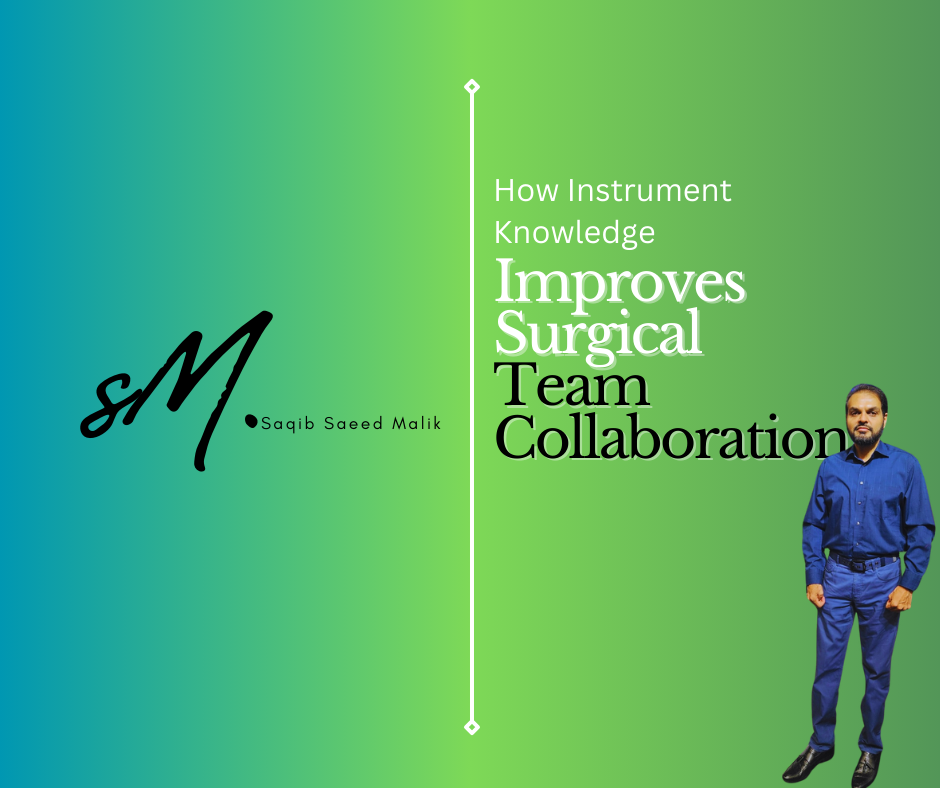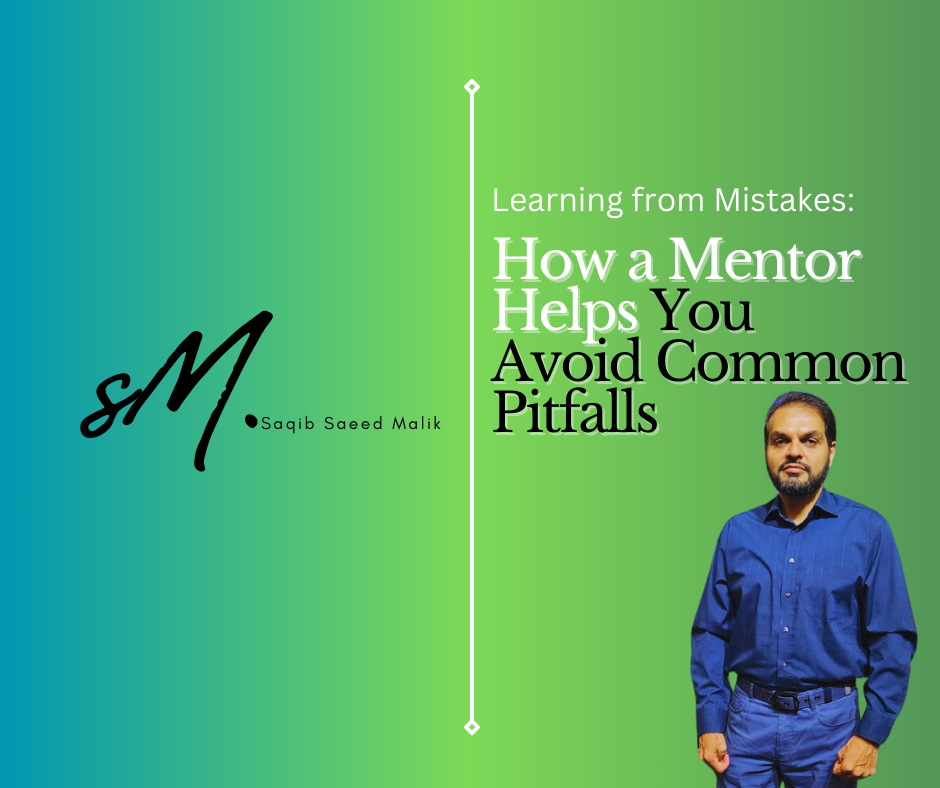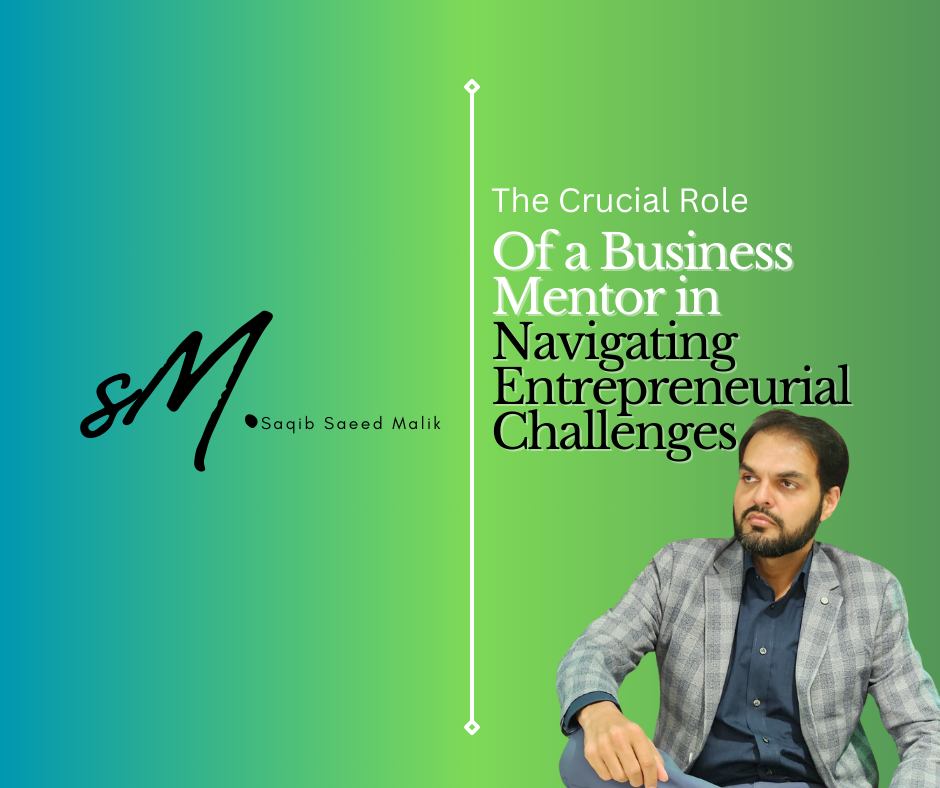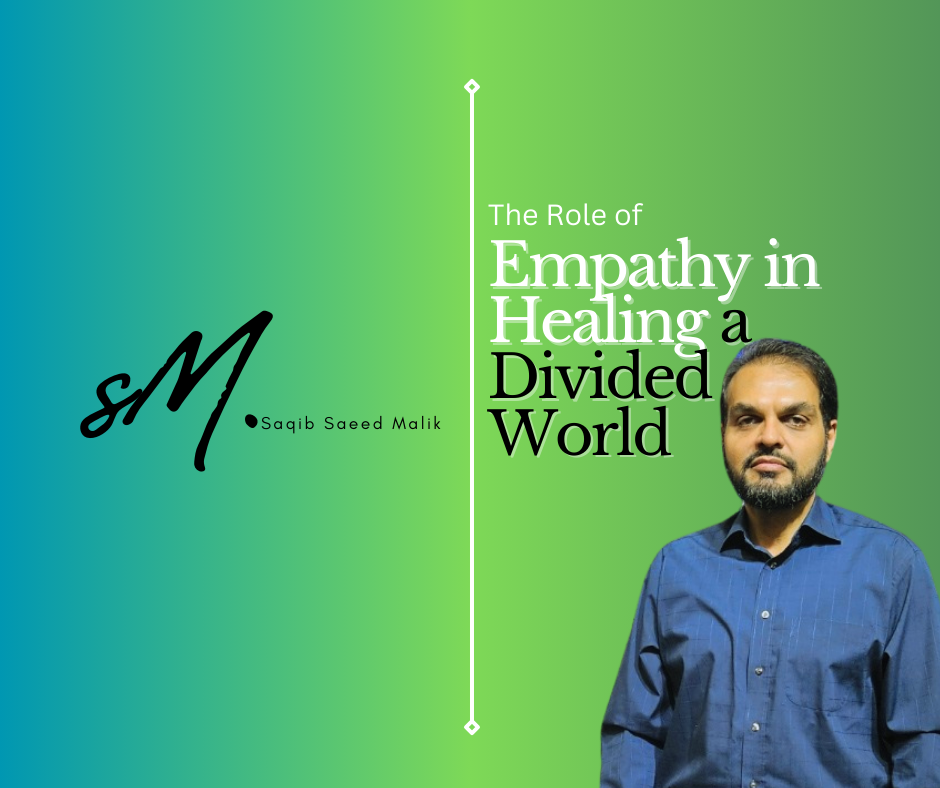In today’s digital age, technology has become a powerful tool for small businesses to level the playing field with larger competitors. By leveraging technology, small businesses can streamline operations, improve customer service, and reach a wider audience, all of which are critical for success.
One of the most effective ways small businesses can leverage technology is through automation. Automating repetitive tasks such as invoicing, inventory management, and email marketing can save time and reduce errors, allowing you to focus on more strategic aspects of your business.
Another way technology can help small businesses compete is through e-commerce. An online presence allows you to reach customers beyond your local area, opening up new markets and revenue streams. Whether you’re selling products or services, having an e-commerce platform enables you to operate 24/7, providing convenience to your customers and increasing your sales potential.
Technology also plays a crucial role in marketing. Social media platforms, email marketing tools, and search engine optimization (SEO) techniques allow small businesses to reach and engage with their target audience at a fraction of the cost of traditional advertising. By leveraging data analytics, you can gain insights into customer behavior and preferences, allowing you to tailor your marketing efforts for maximum impact.
Additionally, technology can enhance customer service. Chatbots, customer relationship management (CRM) systems, and online support platforms enable small businesses to provide prompt and personalized service, improving customer satisfaction and loyalty.
In conclusion, by embracing technology, small businesses can compete with larger players and achieve success. Whether it’s through automation, e-commerce, digital marketing, or customer service, leveraging technology can help you operate more efficiently, reach more customers, and grow your business.










